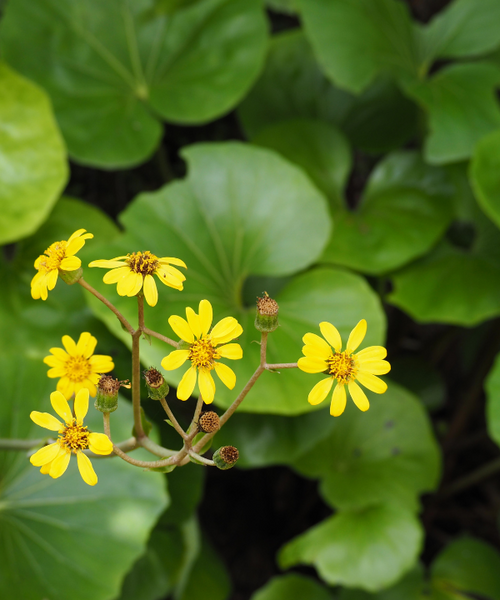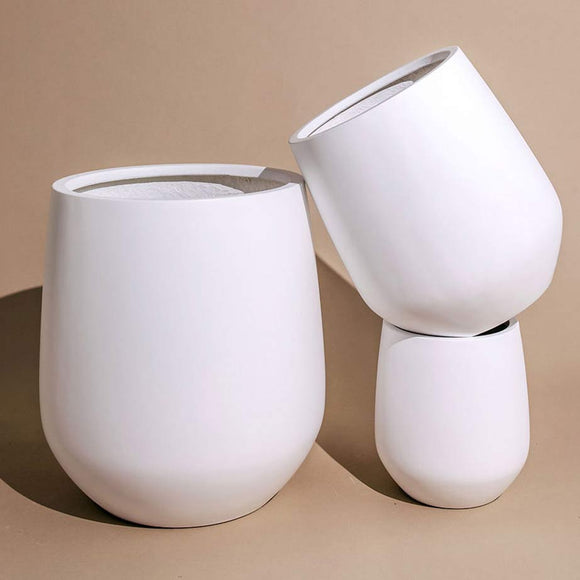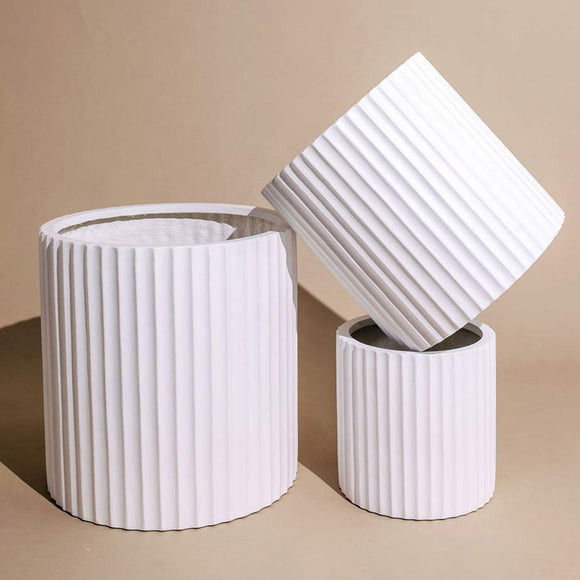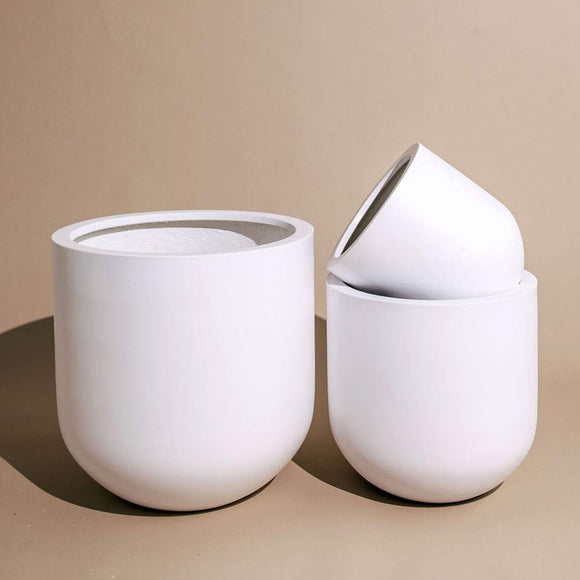Unveiling the Beauty of the Leopard Plant
If you're on the lookout for a low-maintenance yet visually stunning addition to your indoor or outdoor greenery, you've stumbled upon the perfect companion. Introducing the Leopard Plant, scientifically known as Farfugium japonicum.

General Care:
Light:
Leopard plants are the ultimate drama queens when it comes to lighting. While they can tolerate partial shade, they truly thrive in bright, indirect light. A spot with filtered sunlight is ideal, making them perfect for those tricky areas in your home or garden where direct sunlight is a bit too intense.
Water:
Like any respectable diva, Leopard Plants prefer to keep things moist but not soggy. Aim for consistently damp soil, watering when the top inch feels dry. They'll appreciate a good drink, especially during warmer months, but be cautious not to drown them – they detest waterlogged roots!
Humidity:
These plants hail from the humid regions of East Asia, so they are fond of a little moisture in the air. If you're keeping them indoors, occasional misting or placing a tray of water nearby can mimic their natural habitat, keeping those lush leaves happy.
Soil:
Leopard Plants aren't too picky about soil, but they prefer well-draining, nutrient-rich mixtures. A blend of peat, perlite, and potting soil works wonders. Don't forget to repot every couple of years to ensure they have ample space to spread their roots.

Common Problems and Prevention:
Fungal Issues:
Leopard Plants can occasionally fall victim to fungal diseases, especially in humid conditions. To prevent this, ensure good air circulation around the plant, avoid overwatering, and apply a fungicide if needed.
Aphid Attacks:
Aphids might find the tender leaves of Leopard Plants irresistible. Combat these tiny invaders with a gentle shower or insecticidal soap. Keeping the plant healthy and stress-free also helps fend off these unwanted guests.
Yellowing Leaves:
Yellowing leaves could indicate overwatering or poor drainage. Adjust your watering routine and make sure your Leopard Plant's roots aren't sitting in water for too long.
Fun Facts!
Flower Power:
While Leopard Plants are primarily admired for their striking foliage, they also produce charming daisy-like flowers in late Autumn.
Medicinal Marvel:
In traditional Chinese medicine, Farfugium japonicum has been used for its believed medicinal properties. It was thought to have the ability to expel toxins and alleviate various ailments, showcasing its cultural significance beyond its ornamental value.
Pet-Friendly Pal:
For all the fur-parents out there, rejoice! Leopard Plants are generally non-toxic to pets, making them a safe and stylish choice for households with curious cats or dogs.
Curious to discover more? Check out our blog on how to Create Your Own Destination with Plants.
















